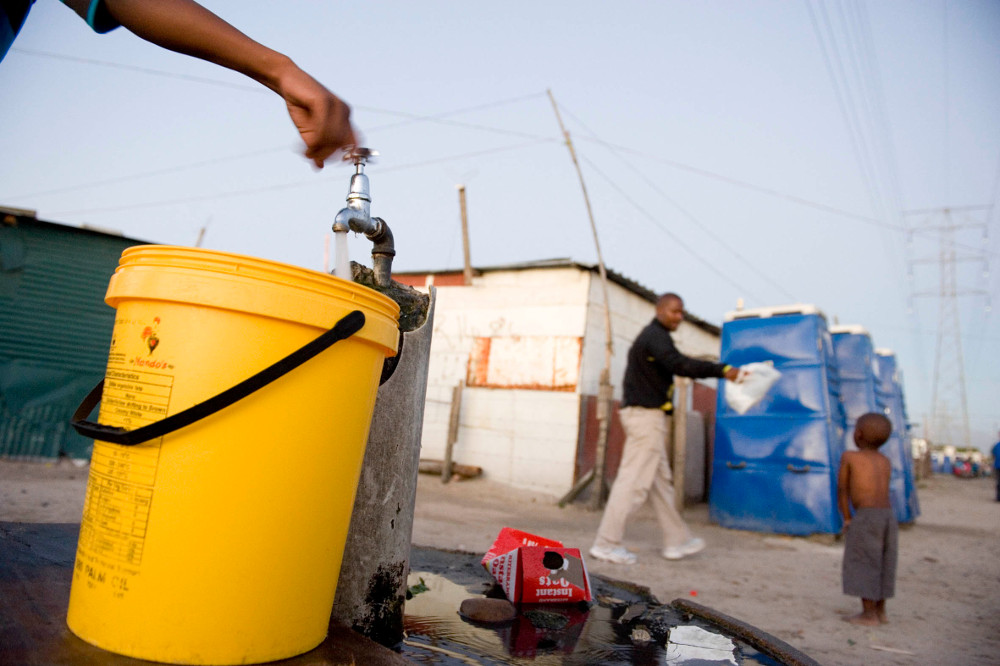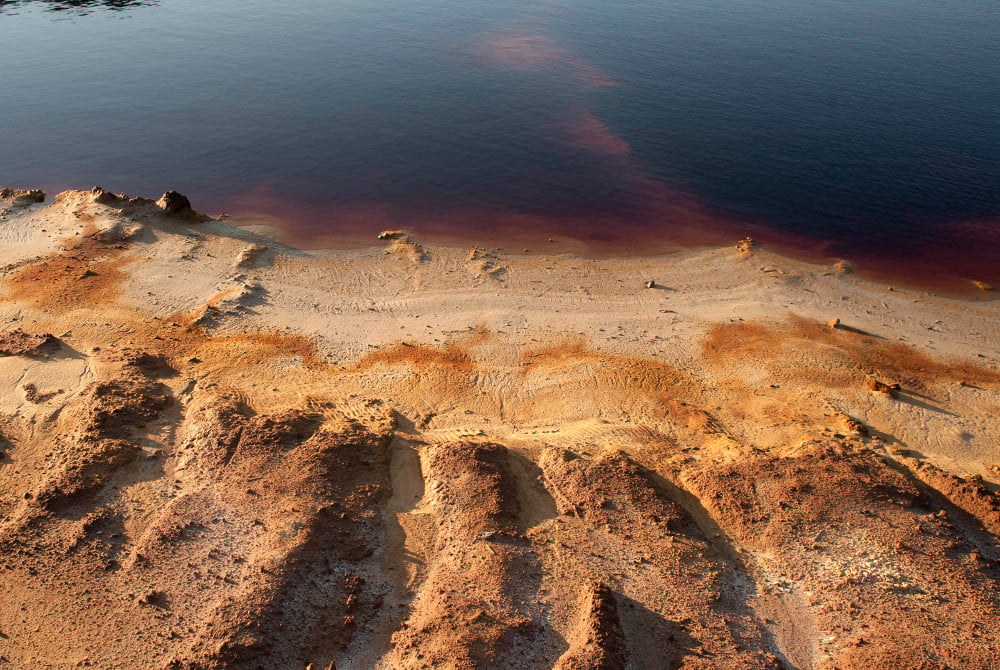NEWS ANALYSIS
The South African water crisis is a complex series of interlocking problems that preclude a silver-bullet solution. Each water system is unique, with different geographies, weather, populations and quirks, such as an unwillingness to reuse treated waste water.
Some short-term interventions are obvious, if expensive, such as reducing demand by cutting losses from leaking pipes. Other solutions are both expensive and less obvious, such as moving towards renewable electricity sources – which do not require water for cooling or to run turbines – as quickly as possible.
But much of the problem is political, administrative and regulatory, and these are the issues that have not been addressed over the past 20 years.
These are the eight most important interventions that can mitigate the water crisis.
Admit that water provision is a serious problem
At the moment the government is congratulating itself for rolling out water infrastructure to 95% of the population, but it is not publicly drilling into these numbers. In reality, a third of South Africans do not have regularly flowing water. Although the government has made huge strides in supplying water to people the apartheid government ignored, it has to acknowledge that there is a lot more to be done. This includes fixing water projects that do not work because they were not built properly.
By acknowledging the scope and gravity of the problem, we can stop arguing about it and focus all the skills and resources available to fix it.
Fix the department of co-operative governance and traditional affairs
The single biggest issue with water is local government and its inability to maintain and upgrade its existing infrastructure. Many water problems are at a municipal level. Co-operative governance regulations mean that the national department of water affairs cannot step in and change how towns go about providing water.
If the co-operative governance department was functional and active, and there were well-informed leaders at municipal level, water would become a tool of development rather than a constraint on growth and livelihoods.
Water allows entrepreneurship. It lowers the burden of diseases and gives children a fighting chance at school. Without it, money is burned up in crisis management rather than in building capacity.
Ensure municipalities have qualified engineers
Outside of the large metros, municipalities struggle to attract qualified engineers. Port Elizabeth’s last water engineer retired years ago. This means there is a dearth of skills when it comes to extending basic services and planning for the growth of communities.
When things break – as they did in Carolina in Mpumalanga, with acid mine drainage overwhelming the town’s water treatment works – these municipalities rely on the national water department to send an emergency task team with engineers to help. That does not suffice.

Children have reportedly fallen ill because of the poor water quality in parts of Khayelitsha in the Western Cape. (avid Harrison, M&G)
Qualified engineers will bring maintenance and infrastructure issues to council meetings and ensure that budget is given to water. Breakages will not happen and people will not become ill from sewage leaking into their drinking water.
Save water affairs
The department of water affairs has been unable to achieve a clean audit and is racked by corruption scandals, starting at the very top. It has been run by an acting director general for half a decade, thanks to a succession of directors general being suspended.
The department is haemorrhaging skills. Its big projects run years behind schedule – the De Hoop Dam was three years late and R2?billion over budget, something that is repeated time and again in smaller projects.
The department does, however, have a new minister, Nomvula Mokonyane, who is tackling issues with what seems to be a great deal of vigour, and things appear to be heading in the right direction.
Make the polluter pay
South Africa’s rivers are heavily polluted, thanks to companies doing what they want when it comes to water. Illegal sand mining destroys the functioning of rivers, and mines dump heavy metals into the water used by communities.
Environmental legislation clearly says those who pollute must pay, but a lack of implementation and capacity in government means this rarely happens – even more so when politically connected companies are doing the law breaking.
If the law is enforced and heavy fines are imposed, something that has only happened a handful of times since 1994, it would act as a deterrent and provide a source of funding. If this does not happen, South Africa will be saddled with enormous and unfunded future costs, as seen by the billions required every year to address the acid mine drainage problem in Gauteng.
Reduce demand
Even though South Africa is a water-scarce country, its water usage per capita is substantially higher than the global average. The government is targeting a 15% decline in water demand in urban areas, but we need clear steps on how to do this – especially as the number of people in South Africa’s cities is expected to increase. It seems absurd in this situation that people use potable water to irrigate their gardens and lawns.

Unless polluters are fined, we are looking at costly rehabilitation costs that include acid mine drainage. (Oupa Nkosi, M&G)
We need awareness campaigns to educate urban citizens on how to be more water conscious and how to process grey water – water used for bathing, washing dishes or clothing – and use it to flush toilets or water the garden instead of potable water. Much like subsidies for solar water heating, subsidies for installing rainwater tanks could reduce demand and bolster manufacturing. But again, this comes with admitting that there is a problem, and making it easier and more convenient for consumers to change their behaviour.
Move away from coal
Renewable energy solutions have been touted as one of the routes out of the present electricity debacle, and are also necessary for water security. Coal, the mainstay of South Africa’s energy mix, is not only dirty and exacerbating climate change, it also guzzles water.
A paper by the Institute for Security Studies projects that coal-based electricity production will eventually decrease and with it, its water demands. But that is not happening quickly enough. Once the Medupi and Kusile coal-fired power stations come online, they will add to the demands on our water resources. The sooner we move towards other energy solutions, the more water we will have to meet the requirements of other areas.
Pump up the groundwater
It is one of the very few underutilised water resources left in South Africa: groundwater. We have millions of cubic metres of water under our feet, hidden from the threat of increased temperatures and evaporation caused by climate change.
According to recent estimates (exact figures are hard to find), we only use about 27% of this supply, which could provide not only an additional supply of fresh water but also a reprieve to allow for the dam and infrastructure maintenance the country so desperately needs.